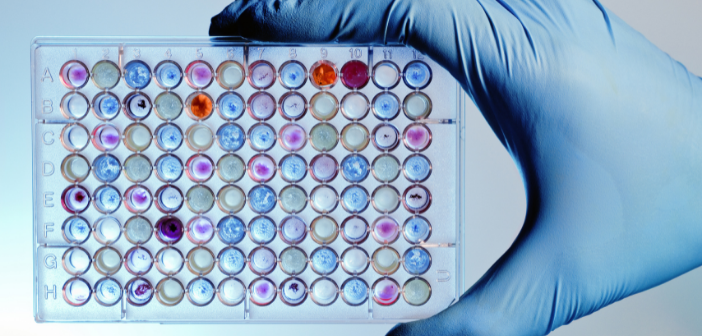Easier, better, faster, simpler: PCR assays enable more laboratories to detect COVID-19 variants

Researchers from the University of Texas Medical Branch (UTMB; TX, USA) have found in a recent study that real-time PCR assays can reliably identify and detect COVID-19 variants in patient samples, highlighting variants of interest and concern.
Detecting COVID-19 variants has become increasingly important, as public health responses rely on knowing disease severity, transmission behavior and what treatment decisions to make. Therefore, it is important for variants to be detected as soon and as accurately as possible.
Researchers from the University of Texas Medical Branch (UTMB; TX, USA) have found a possible solution to this in a recent study that discovered real-time PCR assays can reliably identify and detect COVID-19 variants in patient samples, highlighting variants of interest and concern. Researchers were successfully able to simplify testing, reduce cost and turnaround time by processing samples without extracting RNA for testing.
Ping Ren, PhD, Department of Pathology, UTMB, and lead investigator of the study, commented:
“Real-time PCR (RT-PCR) methodology for variant detection is accessible, rapid, simpler, and accurate compared to traditional sequencing…combining an extraction-free processing method with RT-PCR technology can help laboratories without sequencing capabilities track circulating variants and investigate variant-dependent effects on treatment efficacy and disease severity.”
You may be interested in:
- Nanomechanical sensor for the accurate, rapid detection of COVID-19
- Development and validation of flow cytometry assays for CGTs: a joint interview with Abigail Forrest, Byoung Koh and Fiona Campbell
- How the COVID-19 pandemic is changing clinical trial conduct and driving innovation in bioanalysis
The RNA extraction-free method was demonstrated to be 91.7% as sensitive as the traditional RNA extraction method. The study also revealed that out of the 156 samples processed with RNA extraction, the RT-PCR assays identified 109 variants – which was in 100% agreement with the Sanger sequencing test.
However, they found that if samples had a lower viral load, the extraction-free RT-PCR assays could not detect some of the mutations. It is assumed this is due to a lower nucleic acid concentration in the original samples.
Marisa C. Nielsen, PhD, Department of Pathology, UTMB and co-lead author of this study stated:
“Although lower sensitivity was observed with the extraction-free method, it still represents a viable alternative…spike sequencing is still necessary for detecting new variants.”
Ping Ren further added:
“Determining the SARS-CoV-2 variant in individual patient samples can help guide treatment since some variants are more resistant to current treatment regimens…However, the potential impact extends beyond individual patients and into the public health realm. It is important to track variant spread as part of public health surveillance because of variant-dependent transmission, disease severity, and treatment decisions.”
Sources: Neilsen MC, Machado RRG, Mitchell BM et al. A comparison of seegene technologies novaplex SARS-CoV-2 variants I, II, and IV assays with spike gene sequencing for detection of known severe acute respiratory syndrome coronavirus 2 variants. J. Mol. Diagn. doi: 10.1016/j.jmoldx.2022.02.001 (2022). Science Daily Press Release. https://www.sciencedaily.com/releases/2022/03/220331151438.htm






